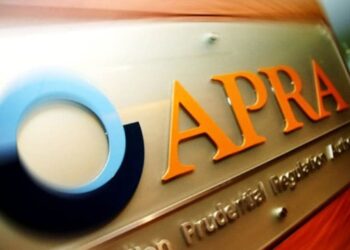Asset Super chief executive John Paul has joined the Association of Superannuation Funds of Australia (ASFA) in questioning the extent of the Australian Prudential Regulation Authority (APRA) proposed levy increases for 2012-13.
While Paul said he was behind many of the changes supported by the levies, he said the amount of the increase could be up to four times the current levy rate.
Treasury's proposed financial industry levies for 2012-13 include a $180.9 million superannuation industry levy, including $121.5 million for the implementation of SuperStream in 2012-13, projected to reach $467 million over seven years.
"In principle, all that is great and I'm not suggesting that we shouldn't go down that path. It's just a bit disconcerting that there's such an expensive cost having to be incurred in terms of the regulatory space," he said.
The underlying supervisory levy has increased to $59.4 million in 2012-12, compared to $46.8 million in 2011-12, and includes $23.4 million in ongoing Australian Securities and Investments Commission, Australian Taxation Office and Department of Human Services costs.
Paul said Asset Super already pays APRA levies of $10,000 per year and special levies including compensation for the Trio Capital and Commercial Nominees of Australia collapse victims.
He said estimates of the savings from SuperStream were very generous, but he had reservations.
"Unfortunately there seems to be, at least initially, a lot of extra costs pushed onto the industry with the promise of some savings, and let's just hope that the savings that they're talking about do materialise and that the savings outweigh the costs," he said.
APRA said resources would be devoted to implementing Stronger Super reforms and supervisory activities including the liquidity of superannuation funds, valuation practices for unlisted assets and the solvency of defined benefit schemes.
ASFA made a submission to the Parliamentary Joint Committee last week saying the cost to super funds would be $10 per account, rather than the $4 estimated.




